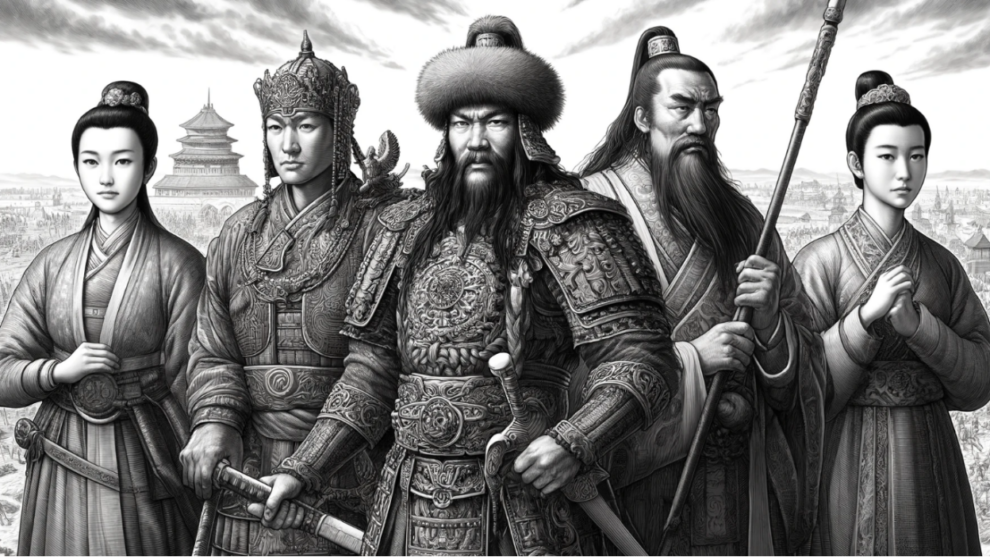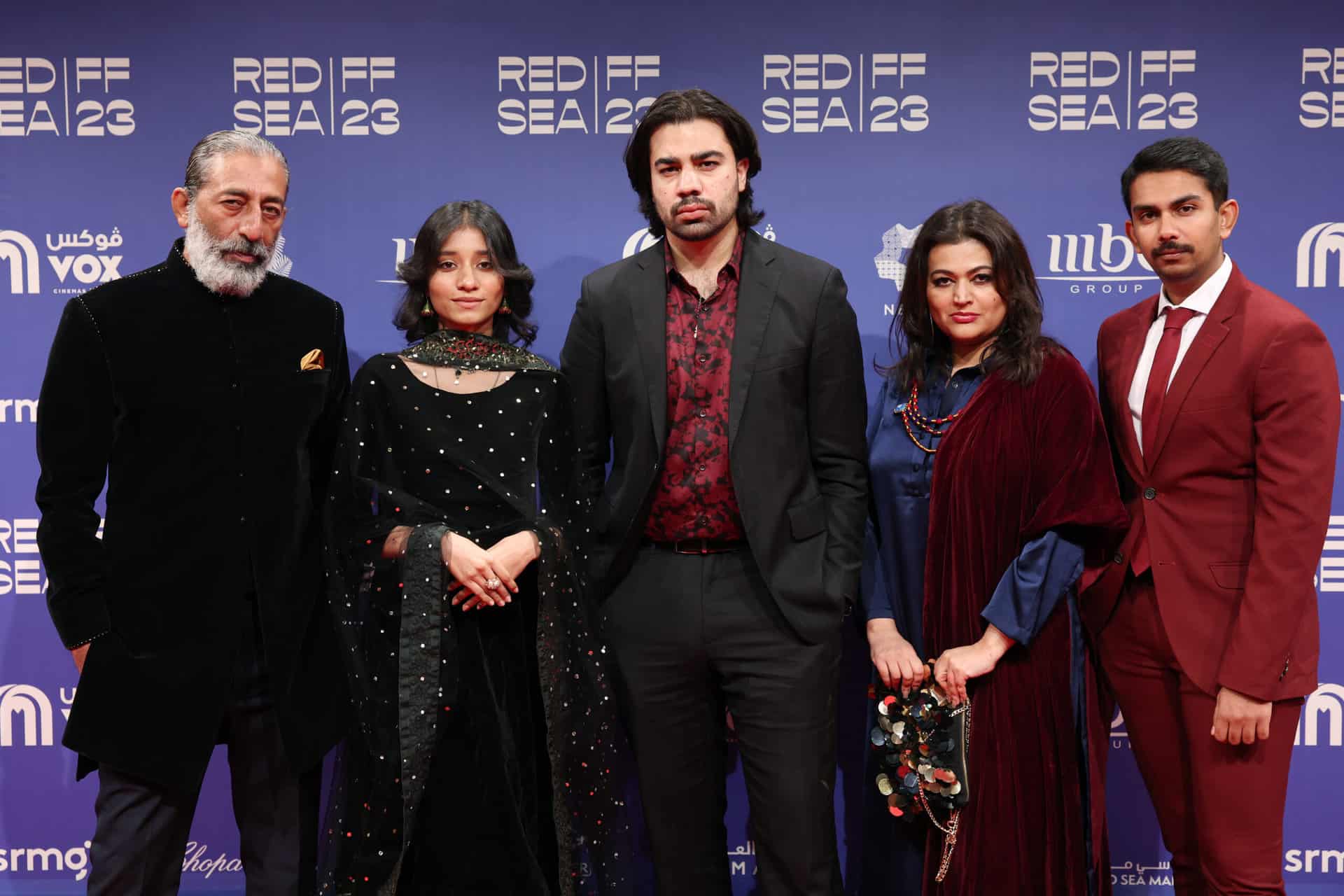When we talk about historical epics, most people immediately think about movies like Schindler’s List, Lawrence of Arabia, Gladiator, or Ben-Hur. While each of these movies deserves a place on the list of all-time greatest, the world doesn’t end with Europe and the Middle East.
Asian civilizations are some of the oldest in the world, and their wars, strife, conflicts, and historical figures can often eclipse even some of the greatest in the West. If you’re still not convinced, you should definitely find a historical epic dealing with these themes and check one out.
While these are historic movies and depict events that happened hundreds of years ago, we’ll do our best not to go into story spoilers.

1. Musa the Warrior
The reason why this historical epic resounds so strongly with the Western audience is because it’s not a story about war or history. It’s a story about a group of people, each trying to pursue their duty and survive for their own personal reasons. It’s a story about a group of unlikely heroes found in a hopeless situation, hoping to make it through their struggle and sacrifice.
It’s set in 14th-century Korea and China, at the peak of Mongol dominance in the area; however, you don’t have to know a lot about history to enjoy this epic.
The movie was made with just $8 million, which may sound like much, but for the genre, it’s nowhere near as impressive.
You can watch Musa: The Warrior on Prime; however, if it’s not available in your country, you might have to use a VPN to access it. All you need to do is find a good VPN comparison by experts and pick one that you like the best.
Keep in mind that the use of a VPN isn’t just for watching movies. You can also use it to improve your overall anonymity online. A lot of people already avoid sites that ask too many questions or insist on cookies. They use incognito mode, make fake accounts on sites that insist on registration, and pick no KYC casinos (if they’re betting people). Why not further enhance your anonymity online and enjoy historical epics that you would otherwise be unable to watch?
2. Mongol
In the previous segment, we talked about a movie set in an era where Mongols were the dominant force in the region (and the world); however, how did it come to this? How did a small nation of nomads, hunters, and shepherds manage to create the world’s largest continental empire in history?
It was all possible due to the capability and ambition of a single man, Genghis Khan.
Before he was Genghis Khan, Temujin was a rogue prince, an exiled son of a tribal chieftain on the run for his life. For most of his young life, he lived as a prisoner, castaway, and survivalist. Some of these skills allowed him to get a new perspective on the geopolitical situation in the area, which he later used to drive his people to glory and conquest.
The movie doesn’t follow Temujin’s entire life, only the period of his childhood (through flashbacks) through his early life and his rise to the role of leadership. The majority of scenes from childhood are shown through flashbacks.
It also follows the two most important personal relationships of his life. The one with his friend-turned-rival Jamukha and his first wife, Borte. This is the part that most movies and stories about Genghis Khan just gloss over; however, it’s a pivotal piece in his subsequent development. It also dispels the myth that he did it all on his own. Sure, he did more than any other person in history, but not alone.
3. The Admiral: Roaring Currents
Every nation celebrates its heroes, often singing their phrases and embellishing them as time goes by. By doing so, they try to legitimize their own right to rule and even show that they have divine grace (otherwise, these miracles would not be possible).
The exemption to this rule is Admiral Yi Sun-sin.
Why?
Well, this is one of those few historical figures who are respected by their enemies almost as equally as their countrymen. It’s a figure so unifying, powerful, and relevant that he’s celebrated in both Koreas. Most importantly, when retelling the events of his life, it’s near-impossible to embellish. If everything, you might have to tone it down in order to make it believable.
Suppose you decide to go by any credible metrics. In that case, Yi is the most successful naval officer (perhaps even the most successful military leader) in the whole of history, and the movie about him cannot and should not lag behind.
Of course, the movie doesn’t deal with his entire life or even the entire war; it focuses on the Battle of Myeongnyang, one of Yi’s most brilliant victories.
Roaring Currents made almost $140 million, making it an incredible commercial success. Seeing as how the movie had the all-time highest opening day box office in South Korea, this is hardly a surprise. When we say all-time highest, we mean both foreign and domestic movies.
4. Red Cliff
There are quite a few moments that define the world’s history, and the Battle of Red Cliffs is definitely one of them. Sure, you never hear enough about it in the Western media. There’s it’s always the talk about the fall of Rome or Constantinople, the D-Day, perhaps even the battle of Somme or Stalingrad, however, there are not many eastern battles that get the coverage they deserve.
Fortunately, this movie from 2008 is supposed to make everything right. In fact, this movie is considered by many to be a great contemporary Asian epic. With a budget of $80 million, this great box office success is definitely worth watching.
At the moment of the launch, the first part of the movie did much better than The Dark Knight in Korea, which just goes to show that, when it comes to top-quality cinema, Chinese productions can more than hold their own against Hollywood. It also shows that there’s an authentic thirst for Asian historical epics that won’t be quenched by whitewashed history served by Western studios.
At the same time, you need to understand that this is not a historical textbook. The movie is just 50% factual. The director aimed to make it relatable to the modern audience, which is why he decided to sacrifice a part of this historical authenticity in order to make the impact of the battle more relatable for the audience.
Asian historical epics are definitely worth watching
While we’re in no way telling you not to bother with Lawrence of Arabia (who in their right mind would ever utter such a sentence), it’s definitely a good idea to enrich your watch list with a few Asian historical epics, as well. They cover topics and historical figures that don’t get much space in Western historiography but have reshaped the world as we know it.













